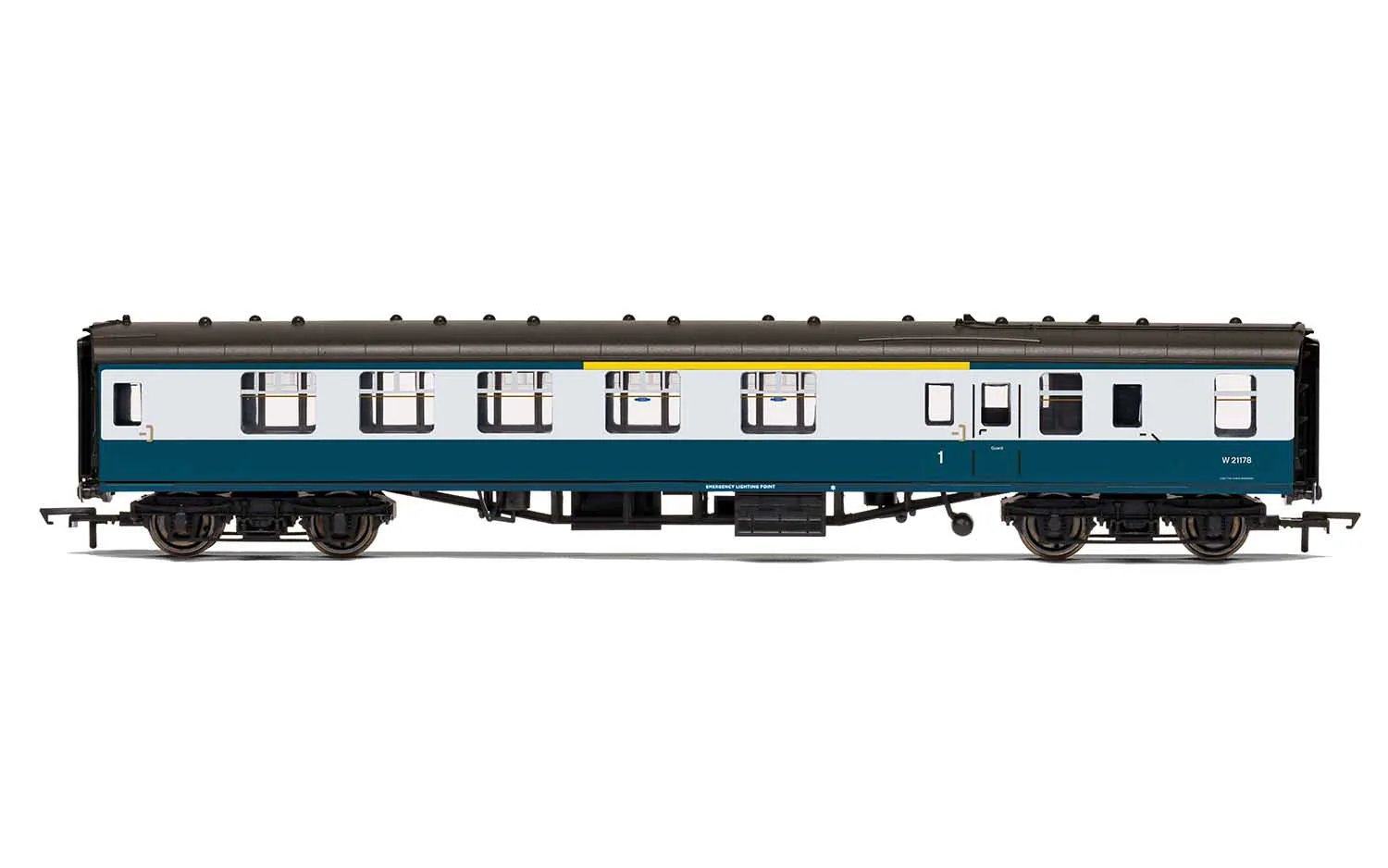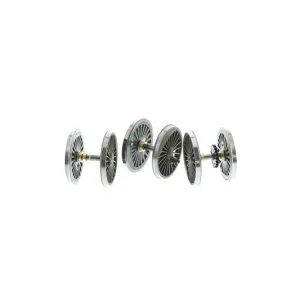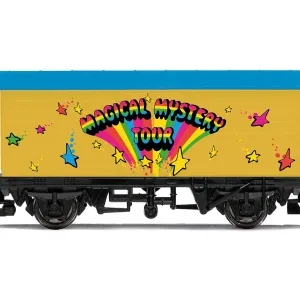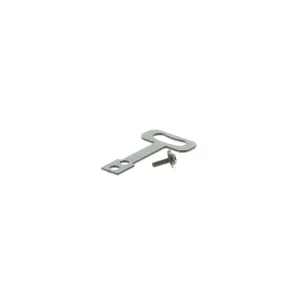BR, Mk1 Brake Composite Corridor, W 21178 – Era 7
The first standardised railway carriage design built by British Railways, the Mark 1 coach introduced in 1951 could be found across Britain’s railway network and continued to be produced until 1963, and even later in the form of multiple units and non-passenger stock. Along with being widely deployed, Mk1 coaches were built in various places including Derby, Doncaster, Eastleigh, Swindon, Wolverton and York.
Most Mk1 coaches had 63ft 5in long underframes with 64ft 6in long bodies, although some were built shorter to be used on tighter curves where large overhangs would otherwise have prohibited running. In 1977 a reduction in the number of fatalities on British railways since 1955 was attributed to the introduction of the Mk1 coaches due to their steel build, strong underframe, and buckeye couplings making them far safer in the event of an accident.
Mk1 coaches started to be withdrawn from widescale service in the 1990s, although in some regions, particularly in the south, Mk1 base multiple units continued to be used well into the 2000s. Network rail continue to use modified Mk1 coaches for various departmental duties and rail tour operators continue to use Mk1 coaches on specially organised services.
The Mk1 BCK is a Mk1 Brake Composite Corridor coach meaning seating is split into compartments connected by a corridor on one side. The coach provided both first- and second-class compartments. Along with passenger seating this coach also houses a compartment containing equipment used to help brake the train.





